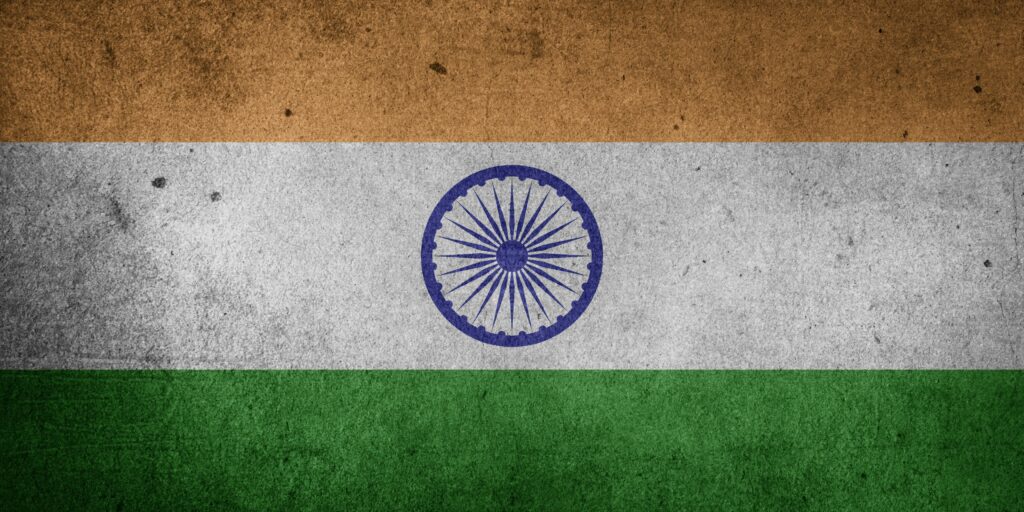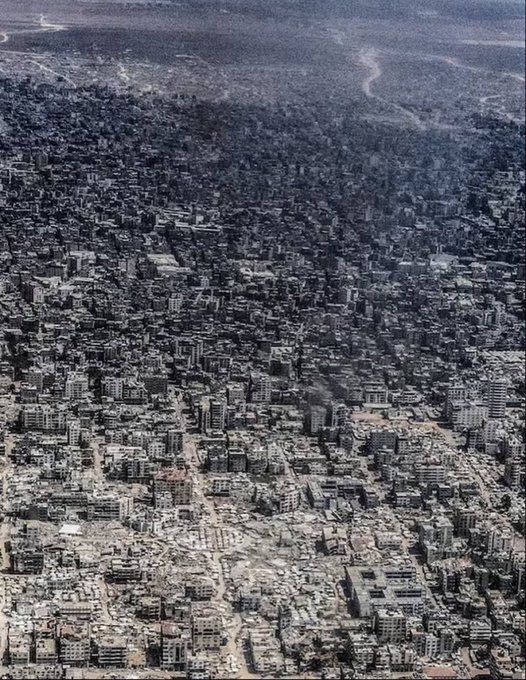IHRC is calling on the campaigners to write Mr Ahmed Shaheed, United Nations Special Rapporteur on freedom of religion or belief, to investigate the implications of so-called “Love jihad” law aiming to stop interfaith marriages in India.
Background
Action required
Model letter
Recipient email addresses
Background
In November 2020, India’s most populous state, Uttar Pradesh, introduced a law outlawing so-called “Love Jihad”. India’s Prohibition of Unlawful Religious Conversion Ordinance or “love jihad” laws are state-level statutes that have been enacted to target interfaith marriages between Muslims and those of Hindu background. The laws are in force in eight out of twenty-nine states. The law emerged from a conspiracy theory that Muslim men are attempting to shift India’s demographic balance by converting Hindu women to Islam through marriage. Unsurprisingly the false Hindi Nationalist narrative has emerged since the election victory of Prime Minister Narendra Modi’s the Bharatiya Janata Party in 2014. Narendra Modi’s anti-Muslim narrative helped him achieve the win, and he has been further instigating and exploiting the nationalist and anti-Muslim sentiments for political gains.
The “Love Jihad” law requires couples from different faiths to provide two months’ notice to a district magistrate before getting married. The judicial official would have the discretion to decide if the conversion was through compulsion. The offending person could then be denied bail and sentenced to 10 years in prison.
Stephen Khan notes that “Notionally, this law applies with equal force to all interfaith marriages. However, this would affect Muslims for all practical purposes, as Islamic personal law requires a non-Muslim to convert to sanctify the marriage. So far, enforcement has targeted only Hindu-Muslim marriages. Since its passage last year, as many as 30 Muslim men arrested in Uttar Pradesh are facing possible prosecution.”
The law is anti-Islamic and breaches the UN international standards on freedom of religion or belief such as article 18 of the Universal Declaration of Human Rights, Article 18 of the International Covenant on Civil and Political Rights and the Declaration on the Elimination of All Forms of Intolerance and of Discrimination Based on Religion or Belief. The law disproportionately affects the Hindu women as it implies that they cannot make the right choice for themselves; thus, the law also contradicts with UN’s special focus on the freedom of religion or belief and gender equality.
Action required
- Write to Mr Ahmed Shaheed, United Nations Special Rapporteur on freedom of religion or belief to investigate the implications of the so-called “love jihad” laws.
- Forward any responses you receive to us on info@ihrc.org so we can develop this campaign further.
- Share this alert and the reports and resources, and encourage others to join this campaign.
- Please ensure you share verified stories and information. Despite this situation existing for decades, mainstream media has only given it importance now, often spreading unverified reports and cases.
Model template
[Your name]
[Your address]
[Date]
Dear Mr Ahmed Shaheed, United Nations Special Rapporteur on freedom of religion or belief
Re: “Love jihad” laws aiming to stop interfaith marriages in India.
I am writing to urge your office to investigate the implications of the so-called “Love jihad” law to stop interfaith marriages in India.
In November 2020, India’s most populous state, Uttar Pradesh, introduced a law outlawing so-called “Love Jihad”. India’s Prohibition of Unlawful Religious Conversion Ordinance or “love jihad” laws are state-level statutes that have been enacted to target interfaith marriages between Muslims and those of Hindu background. The “Love Jihad” law requires couples from different faiths to provide two months’ notice to a district magistrate before getting married. The judicial official would have the discretion to decide if the conversion was through compulsion. The offending person could then be denied bail and sentenced to 10 years in prison.
Stephen Khan notes that “Notionally, this law applies with equal force to all interfaith marriages. However, this would affect Muslims for all practical purposes, as Islamic personal law requires a non-Muslim to convert to sanctify the marriage.”
The law is anti-Islamic and breaches the UN international standards on freedom of religion or belief such as article 18 of the Universal Declaration of Human Rights, Article 18 of the International Covenant on Civil and Political Rights and the Declaration on the Elimination of All Forms of Intolerance and of Discrimination Based on Religion or Belief. The law disproportionately affects the Hindu women as it implies that they cannot make the right choice for themselves; thus, the law also contradicts with UN’s special focus on the freedom of religion or belief and gender equality.
I look forward to your reply regarding this urgent matter.
Yours sincerely,
[Your signature]
[Your name]
Recipient email address:





